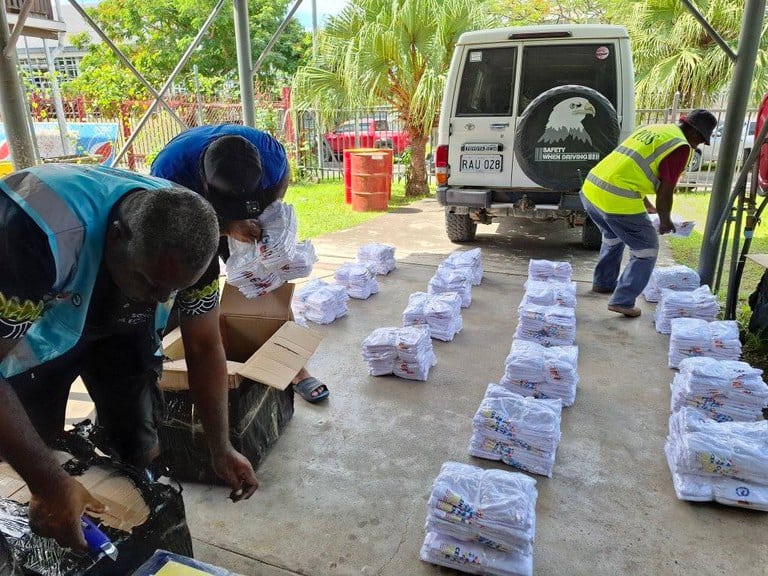The last reliable national census for Papua New Guinea (PNG) was conducted 24 years ago, therefore the 2024 census is critical. But early signs suggest the latest attempt to count the country’s population will not be easy.
It started on 16 June, with a completion date set for 30 June. Many provinces either started late or have yet to start. Remote areas, often without roads, face greater challenges.
Three days past the deadline, two census coordinators I spoke to said they had not deployed their teams for the census yet due to delays with funding, training, and logistics.
The current census includes only six questions, omitting crucial socio-economic data and fails to meet the 2015 UN Principles for Population and Housing Censuses, which emphasises reliable data.
After the 30 June census projected completion date, I conducted an online survey from01-03 July. Of 150 respondents, 50 percent thought the census would fail, while only three percent thought it would succeed.
There are many constraints in PNG, but at the heart of the country’s problems is unaccountability, with bureaucracy adhering to questionable political decisions.
Last month, the government decided to purchase US$4.4-million (17 million kina) worth of tablets to use for digital data entry during this census. The contract went to a small, foreign, unknown company.
But the coordinators I spoke to said they were using paper census forms instead of the tablets because many enumerators, who were recruited from rural areas, had not used smart devices before.
Disorganisation is not uncommon in PNG. The 2022 common roll update was grossly inaccurate due to issues similar to those faced in this current census.
Wasteful spending is also not new. In 2018, the PNG government spent US$5.2-million on a fleet of Maserati cars to carry world leaders during the Asia-Pacific Economic Cooperation (APEC) meetings. They were never used.
These luxury cars now rust in a shed, with only two sold. No APEC report was produced, and no one was held accountable. The former prime minister is now in the opposition, the then-finance minister is the current prime minister, and the former APEC minister is now the foreign minister.
The census must also succeed for the current government, as failure could have significant political costs.
The 18-month grace period for James Marape, starting in August 2022 when he was elected prime minister, ended in February 2024. A parliamentary vote of no confidence cannot occur during this grace period, but with the end of grace period, Marape is vulnerable.
An attempt to remove Marape recently was delayed after the parliament’s early June adjournment. A Supreme Court case is now determining whether this adjournment to avoid a no-confidence vote is constitutional.
A similar case in 2016 led to the Papua New Guinea Supreme Court directing parliament to reconvene to address the vote of no confidence.
Since PNG gained independence in 1975, only two prime ministers in PNG have completed their terms in parliament as prime ministers, whilst the rest have either been replaced in a vote of no confidence or resigned to avoid the humiliation of one.
Given this level of instability, a failed census will pile pressure on Marape, who is already being criticized for a slew of issues ranging from a nationwide fuel crisis, a forex shortage, and the delayed payment of public servants’ salaries – among other things.
The timeline is problematic. Local Level Government (LLG) elections for 22 provinces are set to start on July 25 and run until Sept. 27. Nearly 7,000 ward councilors and 370 LLG presidents will be elected in another nationwide logistical operation.
The coordinators believe completing the 2024 census before the LLG elections is unrealistic…. PACNEWS
Michael Kabuni is a PhD student at the Australian National University and formerly a lecturer at the political science department at the University of Papua New Guinea. The views expressed here are his own and do not reflect the position of BenarNews.
The opinions expressed in this article are those of the author and do not necessarily reflect the opinions of this publication.
